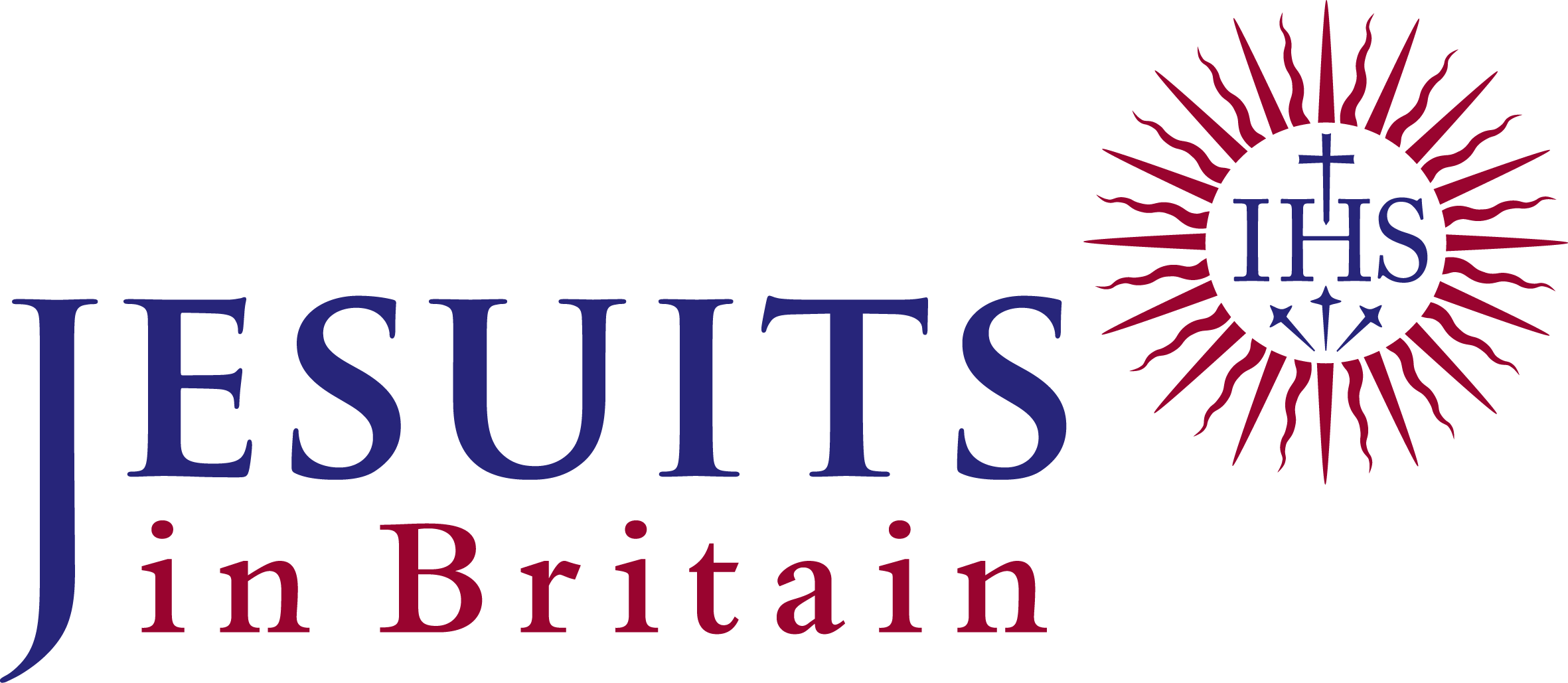|

| |
PSYCHOLOGY AND IGNATIAN SPIRITUALITY
Please click here to subscribe to The
Way, Contents Growing into God An introduction to the theme of this issue. The Spiritual Exercises promote a process of growth that can be described both in the traditional language of spirituality and in the technical language of psychoanalysis. Do Teddy Bears Make Good Spiritual Directors? Ignatius Loyola Meets Donald Winnicott Brendan Callaghan, drawing on Object-Relations theory, explores how the Ignatian Exercises help us shape and reshape our images of God. Download this article in
RTF format by clicking here, The Ignatian Paradox ‘Pray as though everything depended on God, and work as though everything depended on you.’ The author of two notable studies of Ignatius’ psychology explores the interactions of divine action and human transformation in Ignatian spirituality. Depression and Spiritual Desolation Pastoral ministers are frequently confronted with both clinical depression and spiritual desolation. With the help of three case-studies, Brigitte-Violaine Aufauvre argues that the two realities are quite different, and that they thus call for correspondingly different responses. Transference, Resistance and the Drama of the Exercises An experienced psychologist, spiritual director and writer looks at how the relationship of spiritual direction can both foster and impede people’s growth towards God. Psychology, Narrative and Ministerial Formation Vocation and formation, whether for lay or ordained ministry, can only build on people’s life-histories and on the relationships that have shaped them. It is in this context that we should understand the role of psychological assessment for candidates. Vocation and Motivation: The Theories of Luigi Rulla Luigi Rulla’s research on the unconscious dynamics of vocation has been widely influential on Roman Catholic ministry formation programmes. Peter Egenolf offers a lucid summary of Rulla’s project, as well as some judicious comments on its weaknesses. Daydreaming Revisited: A Psychology for the Examen Explored Psychosynthesis, an approach to human development elaborated by Roberto Assagioli, reveals new riches in the Ignatian Examen. The Limits of Adaptability: The Eighteenth Annotation in Developmental Perspective Modern developmental psychology leads us to look with new eyes at Ignatius’ eighteenth Annotation. Ignatius’ distinction between simple people and those ripe for the full Exercises can still make sense, even if our own culture is far less tolerant of elitism than his was. Beyond Survival: The Two Standards and the Way of Love Even though Christians might want to read Jung only selectively, he has important things to say about spiritual growth. In particular, Ignatius’ stark teaching on poverty and insults in the spiritual life converges powerfully with what Jung says about moving beyond survival needs in order to become a loving person. Graced Gratitude ‘Awareness of and gratitude for the benefits and gifts received. How much it is to be loved and esteemed!’ said Ignatius in a letter. Charles Shelton, drawing on a survey he conducted, explores the psychology and spirituality of gratitude. Psychodrama and the Spiritual Exercises Eckhard Frick shows how the acting out of
biblical scenes, following methods developed by Jakob Levy Moreno, can
enrich the Ignatian Exercises.
Please click here to subscribe to The
Way, From the Foreword THE SPEAKER IS IGNATIUS himself; the date is 1545; the person he is talking about is Jerónimo Nadal, later to be one of Ignatius’ closest helpers but at this point a rather troubled exercitant; the person hearing and reporting Ignatius’ remarks is Jerónimo Doménech, Nadal’s director. Ignatius’ comments are based on his own conversations with Nadal, on his intuition, and on his observations. However appropriate we find what he says—the insight proper to a saint, or over-pushy supervision?—the use of the term ‘melancholy’ is significant. It shows us that the ministry of the Exercises has drawn right from the beginning on the more or less systematic resources for understanding the human mind and heart available in the surrounding culture. In Ignatius’ mouth, the word ‘melancholy’ is still connected to a precursor of Jungian type-theory: the idea of humours, of four fluids thought of as acting in combination to determine a person’s physical and mental disposition. At the same time, there is something spontaneous, unreflective about how Ignatius draws on technical language. In this present collection Howard Gray tells us about an attempt to promote Ignatian vocational discernment in a modern university, and notes how the team just fell into psychological language as they sought to communicate Ignatian ideas among people hitherto unfamiliar with them. Ignatius’ comments on Nadal show us that there is nothing new in this phenomenon. Psychology is now pursued rigorously and systematically. The essays published in this collection draw on various developed ‘schools’: Freudian, Jungian, Eriksonian, Object-Relations, Psychosynthesis, Psychodrama. But Ignatius’ throwaway, almost irresponsible use of humour-language can still in at least some ways serve as a model for the role of psychological knowledge in the ministry of the Exercises. There could be no question, even in a much larger collection than this one, of dealing adequately with the whole range of psychological resources that might be brought to bear on Ignatius’ process. Nor could there be any question of providing a grand theory of how ‘psychology’ and ‘spirituality’ interrelate. We can learn from claims that psychology somehow better articulates what a spiritual text is trying to say; we can also learn from claims that the Exercises, and Christian spirituality in general, provide important resources calling into question the worldview implicit in various psychological practices. This collection contains fine examples of both these kinds of writing, essays which we can enjoy and learn from in their diversity long before we settle the questions of how both kinds of writing are possible, or whether one is somehow more legitimate and proper than the other. A similar set of points can be made another central question. Do spiritual and psychological language amount ot two ways of referring to the same reality? Or must we rather insist that Ignatius’ talk of thoughts that come ‘from outside’ (Exx 32.3) or ‘from above’ (Exx 184.2) means what it says, and refers to a reality beyond psychology’s reach? Such questions are certainly worth exploring, and perhaps there are in the end rights and wrongs of the matter. But at the outset of the Exercises Ignatius reminds us that even in what people put forward wrongheadedly, there is something worth preserving (Exx 22: salvar la proposición del prójimo). We need to keep learning and maturing. May the divine goodness use this first Special Number of the renewed Way to take us all forward along this path. And perhaps some readers might like to take the issues forward on the forum page of our website . . . Philip Endean SJ
Please click here to subscribe to The
Way, |
||



